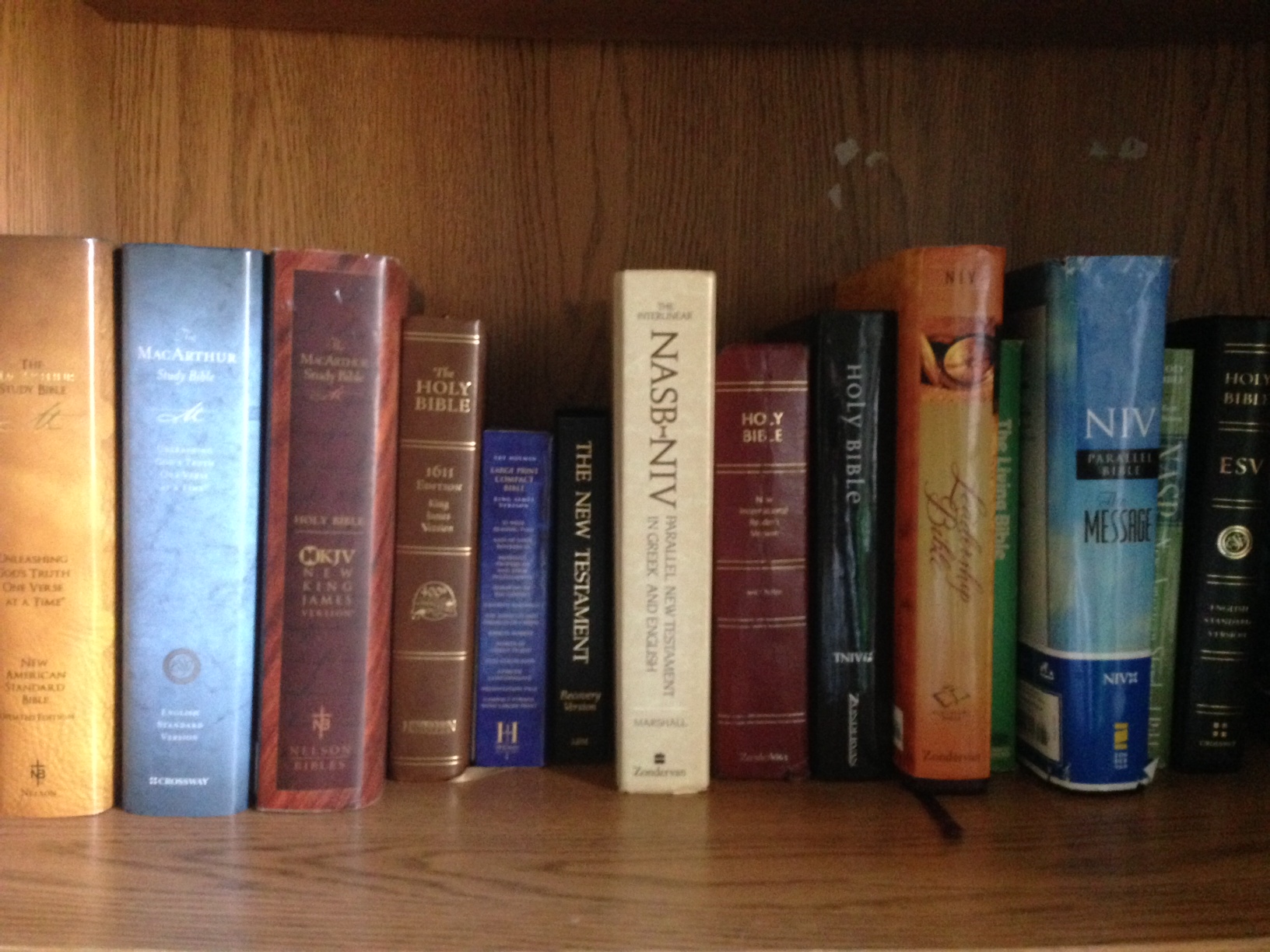As the deer pants for the water brooks, So my soul pants for You, O God. My soul thirsts for God, for the living God; When shall I come and appear before God? (Psalm 42:1-2)
It is no secret that I dwell on the topic of professing Christians not reading the Bible, but why is it that we do not read it as we should?
When we think of a desert, we think of hot sun, dry weather, and no water; the vary place that you probably do not want to live in for the long term. God sent the Israelites into the desert wilderness to test their strength. Would they complain about the lack of water? Yep. How about the lack of food? Yep. God was patient and loving, teaching the people to follow Him. In reality, it was more about the people learning about themselves. The desert is a great place to learn about yourself and I found that God used a desert to teach me about myself.
It is sad that in America today, many Christians are praying for crop failures. If we live our life seeking pleasure from things that are against the Word of God, and then we pray that the consequences of those actions will not happen, we are praying for a crop failure.
Jesus is king, Lord of lords. We should attend church and preach the Gospel; we all know that we should always be telling all our friends about Jesus and inviting everyone to church and religious social events. The Bible says so, right? Maybe, or maybe not. According to Barna Research Group and American Bible, 81% of Christians do not regularly read the Bible. How can this 81% of professing Christians really know about the faith they promote?
Now that we have discussed a little about why we should be mindful about the things we put in our head and we also talked about two guideposts to keep our perspective, we need to talk about how we can actually evaluate media. This is an expansion to the key points that I wrote in an old article where I described the four key principles I use to evaluate the entertainment that I allow in my life.
As I wrote in the last article, what we watch and listen to impacts our thoughts, and thoughts are the basis for our actions. This is Paul writes to, Hold every thought captive (2 Corinthians 10:5-6). How do we go about evaluating what we place into our heads? In this article, I will not cover every fine detail of the things to look for, but rather, give the overarching principle.
Categories
Support
Podcast Feeds





